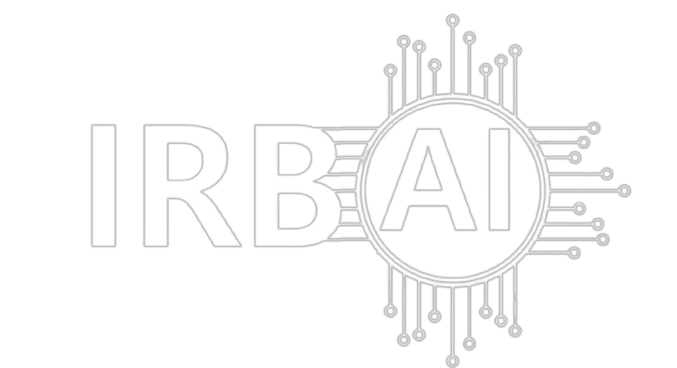INTRODUCTION
AI Compliance Audits
We ensure that all Artificial Intelligence systems operate within the bounds of ethical guidelines and our standards set globally. Our AI Compliance Audits are designed to assess and certify that AI systems are safe for the public.
As part of our mandate to ensure the safe, ethical, and responsible deployment of AI technologies, IRBAI also provides frameworks and guidelines for third party comprehensive AI compliance audits. These audits are essential for maintaining trust and legality in AI operations worldwide.
audit
How We Conduct Audits
IRBAI’s approach to AI compliance audits is comprehensive and technical. Compliance audits are designed to ensure adherence to our regulations and standards while promoting transparency and accountability in AI operations.
RISK ASSESMENT
Our technical experts scan AI systems for potential risks, including biases, security vulnerabilities, and ethical concerns.
FILE REVIEW
We examine the adequacy of documentation related to AI development, deployment, and monitoring practices.
ON SITE INSPECTION
We and our third-party auditors conduct thorough inspections to observe AI systems in operation and assess real-world compliance.
STAKEHOLDER INTERVIEWS
We engage directly with developers, users, and affected parties to gain comprehensive insights into AI system functionalities and impacts.
Frequently asked questions
What triggers an AI compliance audit?
AI compliance audits can be triggered by routine schedule, random selection, or reports of potential non-compliance. High-risk AI deployments are more frequently audited due to their potential impacts.
How often are AI compliance audits conducted?
The frequency of audits depends on the AI risk classification. High-risk systems may undergo annual audits, while lower-risk systems might be audited less frequently.
What are the consequences of failing an AI compliance audit?
Failure to pass an audit can result in penalties, including fines, mandatory compliance adjustments, or, in severe cases, restrictions on AI system usage.
Does IRBAI utilize third-party auditors for AI compliance audits?
Yes, IRBAI collaborates with certified third-party auditors to conduct AI compliance audits. These independent auditors are trained and approved by IRBAI to ensure consistency and impartiality in audit practices. This approach helps maintain the rigor and integrity of the auditing process.
What role do third-party auditors play in AI compliance audits?
Third-party auditors conduct on-site inspections, documentation reviews, and stakeholder interviews. They are responsible for drafting detailed audit reports that include findings, recommendations, and, if applicable, issuing compliance certifications based on IRBAI’s standards.
Can organizations dispute audit findings?
Yes, organizations have the right to appeal and provide additional information or corrections before final audit outcomes are determined.
How can organizations prepare for AI compliance audits?
Organizations can prepare by ensuring all AI systems are well-documented, conducting internal audits, and aligning operations with IRBAI’s published AI regulations and guidelines.
How are AI systems that are not yet publicly released audited?
AI systems in the development or pre-release stage undergo a different set of auditing processes, focusing on design, development practices, and potential deployment scenarios. These audits aim to ensure that once the AI is released, it complies with all regulatory and ethical standards from the start.
Are there different audit protocols for AI systems that are already public?
Yes, AI systems that are publicly available are audited with an emphasis on actual operating conditions and real-world impacts. This includes assessing the system’s performance in terms of fairness, security, and privacy, and evaluating user feedback and incident reports to ensure ongoing compliance.
How are audit findings handled for AI systems that fail to meet compliance before public release?
For AI systems that fail to meet compliance standards in pre-release audits, developers are required to address all identified issues and implement recommended changes before the public launch. IRBAI provides a framework for corrective actions and re-audit procedures to ensure compliance is achieved prior to release.
